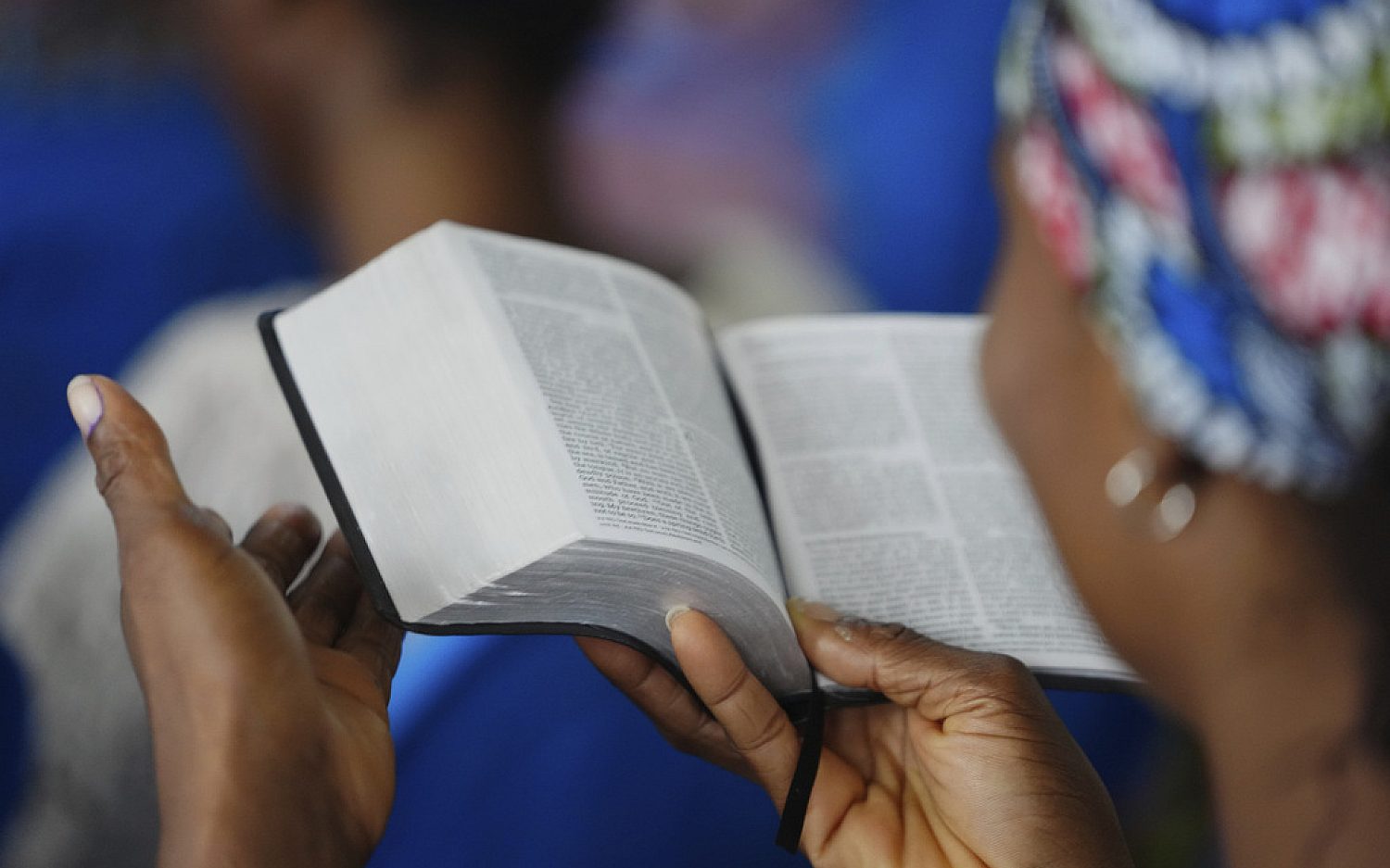Campus ministry wins job discrimination case
The 6th Circuit rules InterVarsity has broad protections for religious hiring, firing
The 6th U.S. Circuit Court of Appeals ruled in favor of InterVarsity Christian Fellowship on Thursday, maintaining a broad constitutional right for ministries to control their hiring and firing practices. This is one of the first major rulings under the precedent set by the Supreme Court’s 2012 determination in Hosanna Tabor v. Equal Employment Opportunity Commission (EEOC).
In 2011, supervisors in InterVarsity’s Grand Rapids, Mich., office put a “spiritual formation specialist," Alyce Conlon, on paid leave to work on repairing her marriage. Later that year, the organization fired her when she and her husband moved forward with a divorce. In 2013, Conlon sued the campus ministry for wrongful termination, saying the ministry fired her but not two male employees in similar marital situations.
The 6th Circuit found it unnecessary to dwell on the details of the case because of the broad protections ministries have to make their own personnel decisions. The court acknowledged Conlon might have a “facially plausible claim under Title VII," but that was irrelevant under Hosanna Tabor.
“[T]he historical practice has always been that the government cannot dictate to a religious organization who its spiritual leaders would be,” the 6th Circuit wrote.
In 2012,the Supreme Court ruled unanimously in Hosanna Tabor in favor of the “ministerial exception,” a court-established term that underlines the freedom of religious organizations to choose their leaders.
While the Supreme Court ruling addressed the hiring protections for a church-based school, the court did not limit its precedent to churches. The court refused to define who counted as a “minister” at a religious organization. That proved to be significant for InterVarsity in this case.
“[T]he ministerial exception’s applicability does not turn on its being tied to a specific denominational faith; it applies to multidenominational and nondenominational religious organizations as well,” the court wrote.
Conlon’s lawyers argued InterVarsity “waived” its rights to the exception by claiming to be an EEOC employer, or an employer that does not discriminate.
“Conlon is wrong,” the court wrote, saying no ministry could ever waive its First Amendment rights.
These two points—that InterVarsity qualified for the ministerial exception and that it could not waive its constitutional rights—were the most significant outcomes of the case, according to David French, senior counsel at the American Center for Law and Justice, the firm that defended InterVarsity.
“It matters not whether the plaintiff is claiming a specific violation under Title VII or any other employment discrimination statute,” the court wrote. “The Establishment and Free Exercise Clauses do not permit federal or state courts to adjudicate such matters when the defendant properly asserts the ministerial exception as an affirmative defense.”
In a statement, InterVarsity said it was “thankful” for the legal precedent in the case, and addressed some of Conlon’s allegations.
“InterVarsity also affirms its deep belief that both women and men should be treated fairly and justly,” the organization stated. “We have a long track record of valuing the role of women in Christian ministry. In this situation, InterVarsity believes it made every effort to resolve differences in perspective with appropriate grace and respect. In respect for all parties, as an organization we do not publicly discuss the specifics of any personnel situations.”
The Hosanna Tabor case originally came out of the 6th Circuit, which ruled against the church in that case before the Supreme Court overturned its ruling. In this ruling, the same court unanimously acknowledged the new precedent it is under.
An actual newsletter worth subscribing to instead of just a collection of links. —Adam
Sign up to receive The Sift email newsletter each weekday morning for the latest headlines from WORLD’s breaking news team.





Please wait while we load the latest comments...
Comments
Please register, subscribe, or log in to comment on this article.